A few months ago as I started to do the work in my personal and professional life of learning and unlearning and I started to do a lot of research on Residential Schools in Canada! My learning on this topic really took off after an email I received from, Jordan Ned!
After my eyes welled up with tears reading through her family’s personal experiences in the residential school system, I asked her if she felt comfortable sharing this information here with all of you. Well, today I am beyond grateful and humbled to welcome Jordan to the blog.
Coincidentally, today is also Orange Shirt Day! For those of you who may not know, Orange shirt day is designed to educate and promote awareness in Canada about the residential school system and the impact it has had on Indigenous communities for over a century.
Disclaimer: throughout this post, Jordan shares some traumatic events that she and her family have experienced, which may trigger those reading it.
Take it away, Jordan!!
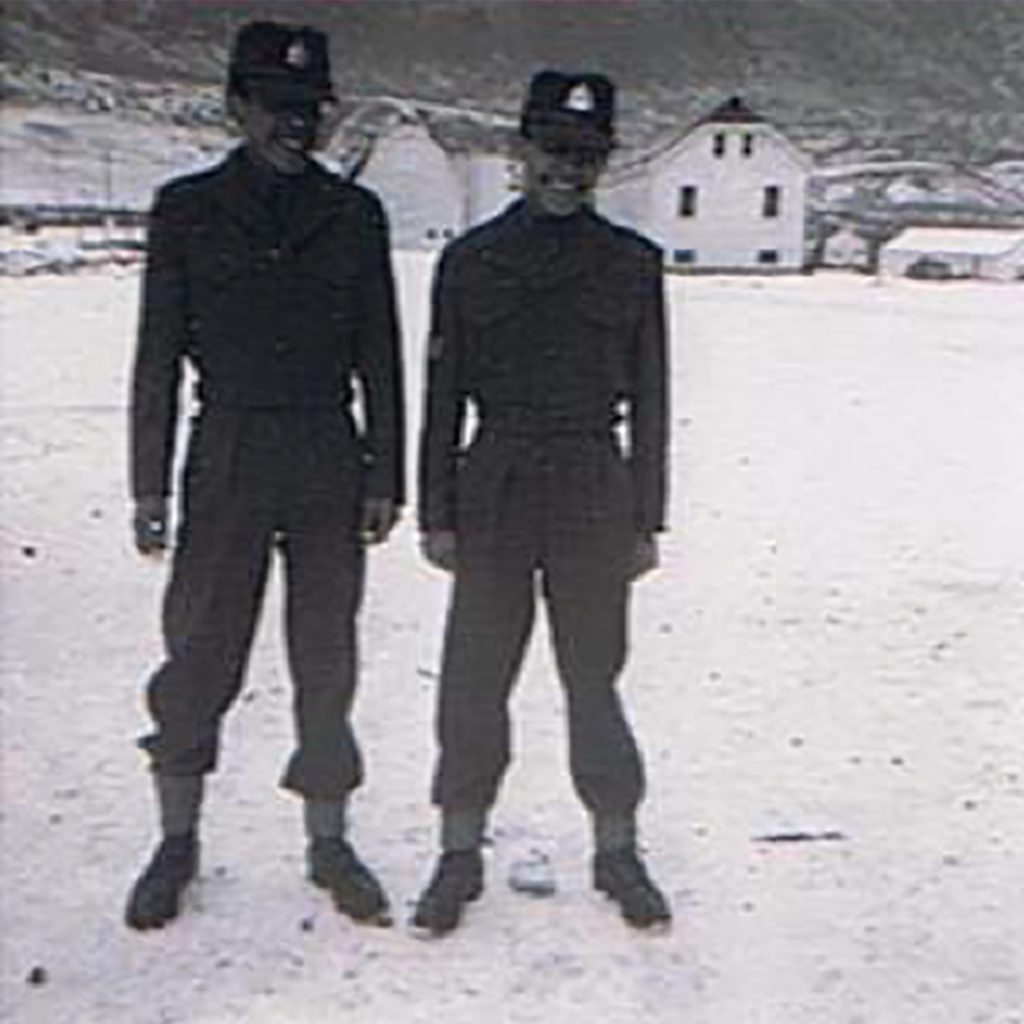
Wai,
My name is Jordan Ned and I am an Indigenous woman from the Westbank First Nation. I am truly grateful that Jillian has reached out and given me the opportunity to share my lived experiences and some of my family members experiences with all of you. I will just start from the beginning. Three of my grandparents were placed in Residential schools across BC. My father’s parents Ron and Charlotte Ned both attended Kamloops Residential School and my mother’s father attended Cranbrook Residential School. For the majority of my life, I have had non-Indigenous friends and acquaintances whom really had no idea how serious and detrimental these institutions were to both the mental and physical well-being of Indigenous families.
I would especially like to honour my late grandfather whom went to Residential school in Cranbrook. I do not know too much about his time there, except that he was too young to legally be at the school, so they placed him in the attic. He then ran away because of the torture he endured and followed the train tracks all the way back to Orville Washington where he lived for a period of time before returning to Westbank. This may be hard to hear but these are the truths that my grandpa lived with. His years at the school created the inability to say “I love you” to my mom or even give her hugs because he never received any affection growing up. When hearing this, how do you expect children to grow up and be loving and devotional parents when they were not taught how to be by the priests and nuns? I remember as well that she never affectionate growing up to my sister and I and we really had no idea what the pain she was going through. We only saw it as her anger pinpointed towards us and I can honestly say that I do not really like hugging people to this day. It is a weird concept that I am sure many other Indigenous people can relate to.
My mother Loretta Ghostkeeper says, “For my experience with residential school has been from when I was growing up in a home that has one parent (father) who went to residential school and one parent (mother) who did not. My father took his own life right after I left to go camping for the weekend when I was aged 17 years old and just starting grade 12. This turned by life upside down and has never was the same. I have missed him every day and now being age 46 as though he was still here just yesterday. What has helped my lifelong grieving process over the loss of my father way too young is to put myself in his shoes when I wish he was still here. What he went through attending residential school at the age of 2 or 3 and ran away at the age of 13 walking along the train tracks not stopping until he reached the Wenatchee, US area to work and hide out in the orchards until he was older knowing they would not find him. My fondest memory is sitting with him on our deck mostly in silence and watching the traffic pass by in front of our Westbank home talking about how our day went. He wasn’t well near his death no longer able to work and provide for our family as he had severe chest and throat pain which I am sure had to do with the chemicals he worked within the orchards and the Brenda Mines Sand Blasting. He and I communicated so well but when asked about why he hated nuns and priests and the catholic religion which our mother had sent us to church and catechism to learn, his anger was like no other his silence and facial expression looking forward said it all. I was always confused but when asking my aunts his sisters about what happened to make him full of so much hate? They said they isolated him and put him up in the attic when he was only 2-3 years old which tore them apart not being able to care for their little brother as they always had”. This would destroy anyone’s strength to function and become a person to survive in mainstream society.
It is hard to be vulnerable and open knowing that it can be taken in a completely different context, but this is our truth as Indigenous men and women. I have lived in both worlds, the Indigenous one and the non-Indigenous one, juggling both so I did not have to feel embarrassed or judged. I would go to powwows in the summertime in my regalia and feel so empowered by the music and the people because there is nothing greater than connecting with your relatives. But then, during the year I wouldn’t even talk about being Indigenous because it didn’t seem like my friends truly understood what it really was to be a minority in a school that is dominantly white. As Indigenous people, we tell stories, that is a form of teaching. Acknowledging the land and animals, creating a reciprocal relationship that creates strong ties. I honestly would never have been able to be this open if it wasn’t for the Indigenous courses at UBCO and the Indigenous instructors whom take the courses with grace and honesty. Professor Greg Younging was the first person to ask me about Residential school and if it has impacted my life in any way. I told him how we weren’t very hugging people and he said that’s exactly how his parents were. We sat there for an hour conversing and sharing our trauma. He was a great mentor who provided an open classroom and the ability to share without criticism.
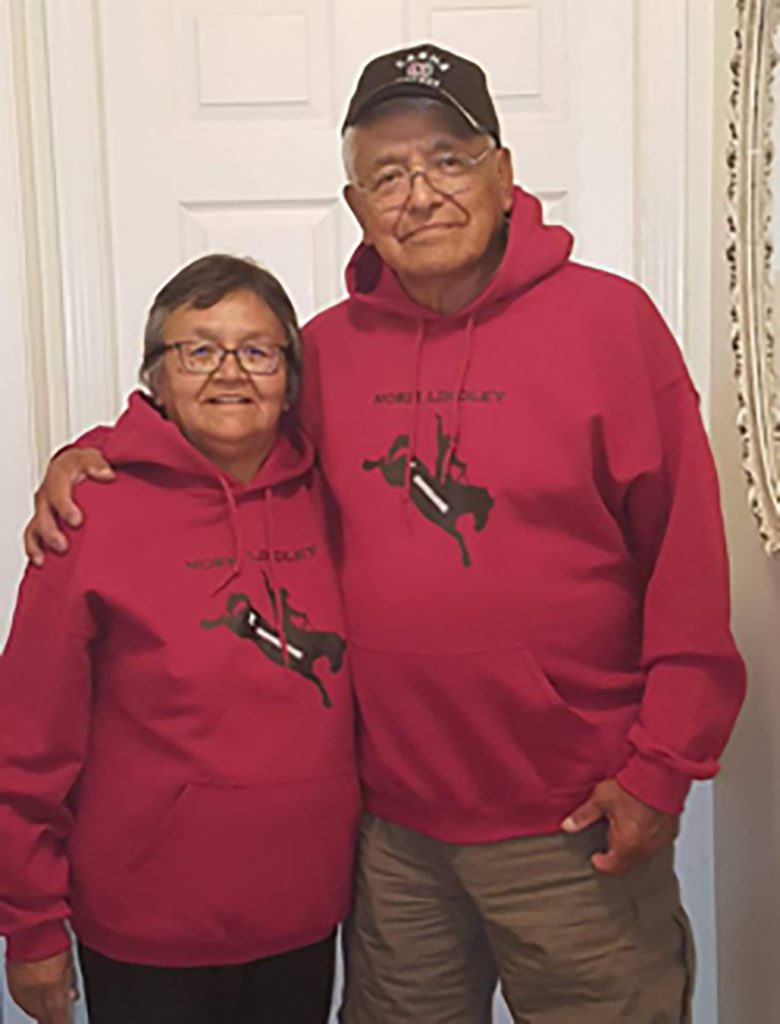
I would now like to honour my grandmother Charlotte Ned whom will now share her experience from Kamloops Residential School:
“I am a Residential School Survivor. The years I attended were 1953 to 1965.
I was only 6 years and 7 months when I was first brought to this huge monstrous building called Kamloops Indian Residential School, September 1953.
I have one younger brother, George Saddleman. He did not attend until 1954 or 1955. I was the only child from my immediate family to attend at this time. I was very lonely, did not know why I was sent away, separated from my Mom, Dad and Brother… Didn’t know very many kids. I was very small, so fending for me was not an easy task.
I remember being picked with up with other children from the reserve and put in a cattle truck and brought to the school. My mom gave me a balloon to comfort me, and as soon as truck moved my balloon flew away. (A memory).
Church, meaning Mass – high, low and Benediction were the priorities of the Priests and nuns who supervised us. We attended every day and as early as 6:00 A.M. and every evening. We prayed when we got out of bed, when we left our dormitories, before and after each meal, before and after each of our classes. Now I believe this was part of some brainwashing we were put through.
Kamloops Indian Residential School hosted about 500 children from September to June each year. Kids from all parts of British Columbia aged from 6 – 18 years.
It was very regimental. We were like soldiers the way we were marched around and ordered around.
Seen a lot of children, whom came into the school, who could not speak nor understand English. Their main language was their native language from their communities. I witnessed them get beaten, strapped, or punished by being segregated from the rest of us. I know now there were beating “The Indian Child out of them.”
My first week or so I remember my head being dunked in a pail of some kind of gas or oil. We all had to go through this process. IN CASE we had Bugs (Headlice). A memory – Stinging scalp and smelling like oil for about a week.
Why they had a chore girl (scrubbing chore) in our bathtubs, I don’t know. The girl who helped bath me did not use it on me. I believe other little girls got scrubbed with this chore girl type of scrubber.
Our meals were not very good. Mush – our main meal at breakfast. Lumpy with dry oatmeal in there. When we could – we would get into the kitchen for bread and jam and run like crazy. Yes, that was called stealing. When some of the children were caught, they were severely punished. I.e. scrub 6 flights of stairs with a toothbrush, if not done to the supervisor’s satisfaction, would have to redo.
We could smell the bacon and eggs the priests and nuns got every morning.
I was given a bowl of soup for lunch one day. It was a cabbage core in a bowl of warm water. I would not eat it. To this date, I don’t like the smell of boiled cabbage. Hmm Yuk. As years passed, I learned to survive there. I made friends; we had 250 girls to make friends with. Some did not like you; therefore, you were bullied or picked on. The supervisors did not help.
We were sent outside on very cold days, to keep warm we did a lot of running in the playground. I can remember about 60 of us girls were playing; I guess got too loud, we were called in and were punished because we were playing Cowboys and Indians. We were all strapped with the black leather belt.
Christmas, we got to go home I was probably age 9 or 10. A very young girl who was very sick was not allowed to go home. She stayed back in the school. We were told that she had rheumatic fever (didn’t know what that meant). She passed during the holidays. One of her sisters obtained a death certificate of her sister’s and it stated that she had pneumonia.
At age 6-7, one of the nuns noted that I had an ear for music. So, she chose me to participate in their choir and an elite dance group. We were not taught the traditional dances but made to learn the folk dances of the Irish, Polish, and Mexican. We were made to practice morning, noon, and night. We went to competitive dancing and musical shows and won several trophies and awards. We were offered a trip to Ed Sullivan show or trip to Mexico. We went to Mexico. To this day I do not remember this trip. All that I can remember is the rigorous practice we had to do to perform to perfection and unison. I was not allowed to play volleyball, play softball nor basketball, in case I got hurt and not able to perform in this elite dance troupe. When I had my children, I made sure they were able to participate in any sports etc. they so choose.
Being in the school, we were not hugged, not able to show emotion. It took me until my grandchildren came that I was able to say, “I love you”. It was hard at first, now they know. I don’t believe I hugged, kissed nor told my children that I loved them.
I and other girls were told we were “Ungrateful little wretches”, were bold. I left school feeling that way. I really felt not very good about myself. My self-esteem was very low and I was very insecure. Thought I couldn’t do it. I feel I may have held unto these feelings, may have tried to pass unto my children.
One of my teachers, who taught me in grade 3 & 5, was not a certified teacher. He was at the school for approximately 5 – 7 years, before they finally let him go.
Yes, I was at the school for 12 years, my parents were told they had no alternative but to send me there or possibly face jail time. I left the school, vowing not to connect with any of my school mates, if I seen any of them I would do a complete turnaround. I have changed this thought. I no longer blame my fellow classmates, now am connecting with as many as I can. It is too bad that a lot have left us. A lot of my former class and school mates could not handle what they had to endure at the Residential School. They are no longer here. One of my classmates ended up in Detroit City. Not in a good place, she connected with me, and she was gone unto the next world a month later.
53 years later, and I am still here. Busy learning about my culture and traditions. I may be considered a silent speaker. I understand but do not speak my language.
It is not our fault. We were made to endure the hurt from Residential School. Some could handle some couldn’t. We are not lazy, we are not useless, and we are not loveless. We are Humans from the reserve that the government tried to eliminate.
‘Way
Charolette Ned – Survivor
To be very honest, there is a lot of trauma and pain that is felt throughout the Indigenous communities and I am not certain that it can all be fixed because there has been so much racism and hatred within our nations and outside. The first step is right here, to right down what you want to say and not be afraid to put it out there for people to read. Who knows what you may take from it? But I do know that I was living my childhood and teen years in fear of experiencing racism and or judgement for being who I was. I learned from ancestry that I am basically European as well after twenty-six years of life I just thought I was native. I lived on the Island for three years to attend Camosun College and University of Victoria and it was basically the same feeling I got from attending Kelowna Secondary School. I had some friends whom were white that treated me as a friend but then the other girls wanted nothing to do with me and never made me feel like I deserved to be at the parties they were at. It became a pattern and I knew it had to do with me being an Indigenous woman because they would be so nice to my close friends but wouldn’t talk to me. It has probably taken a toll on my mental health more than any other trauma I have experienced because it happened constantly. It took a long time to become confident and not care what people thought. I was only called a sqaw once and it was a voicemail from a guy and it really has stuck with me because if he could say that openly without consequence, what have other people. I have crossed paths said about me behind my back. Probably not very nice things that are definitely racist. My sister attended high school in West Kelowna, and she told me she openly had the guys call her racist names. And her school was the main high school that most Indigenous teens went to. So, trauma is still highly affecting Indigenous people today because we cannot live in society being ourselves simply because society does not accept us and they are not willing to unlearn what they have been taught.

Intergenerational trauma has been questioned as a potential gene that can be passed from generation to generation. Meaning trauma can be passed through our genes and what our grandparents experienced could be felt by their grandchildren. Now I am a mom and knowing my son will be half Indigenous and half white, he will experience racism and we need to prepare him for that. But I never thought I would already feel his pain this soon before he even has to step into a school. My younger sister Lenasia Ned says, “I never felt comfortable hugging others. It was hard to trust anyone. A lot of anger all the time and a lack of confidence feeling I was never good enough for the white people and couldn’t do what they could. It’s shocking and I feel so much anger. I just want to turn my anger into happiness that our family has worked so hard to be where we are and none of us ended up in foster care”. I agree with her in her statement and would like to add that I always shut down when I feel someone is offering criticism which stems from childhood. And today I know that the blame cannot fully be on our parents because they were raised by parents whom were forced to go to residential schools and were also never taught how to care for children. They were taught abuse and instability by an institution that took away everything. Just a question, what other ethnicity has had their language basically extinct. Where parents were too afraid or ashamed to teach their kids because they didn’t want them to be forced to go to the school or every time, they spoke they would go back to the moment they were disciplined for speaking their language. I really just want to create a platform or discussion for other Indigenous peoples to share their lived experiences and am hoping with my research this could potentially be a possibility. We should be hearing from generations of families at every age and seeing the intergenerational impacts Residential school has had before passing judgement on a group of people you may know nothing about.
There is so much to share and if you would like to reach out or just have a discussion please reach out at [email protected].
Jordan
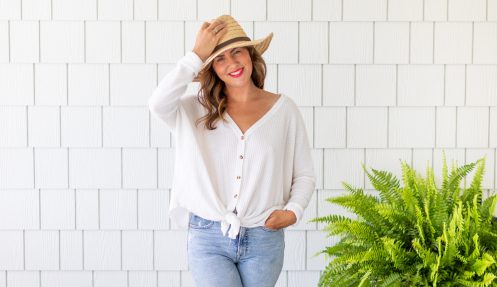
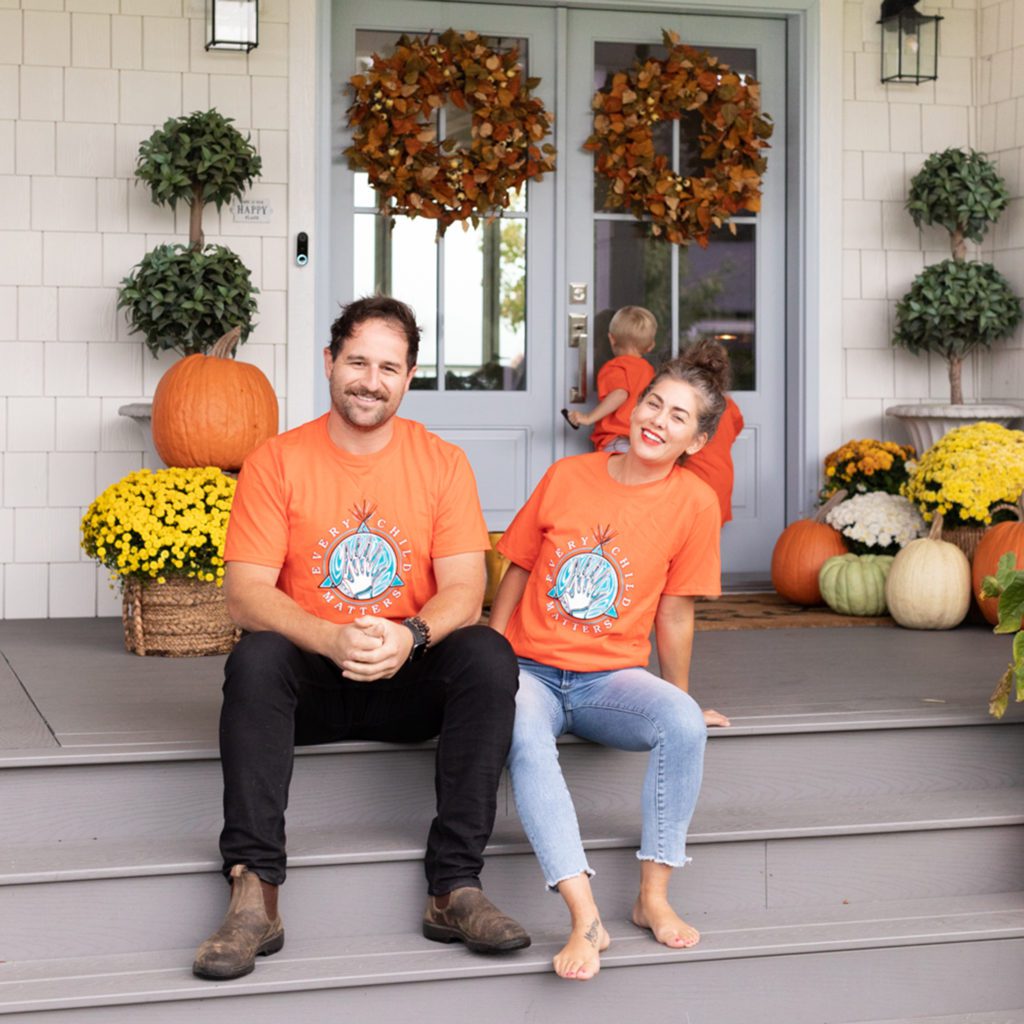
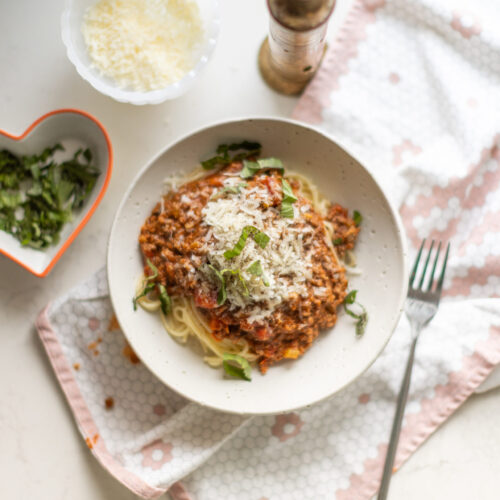

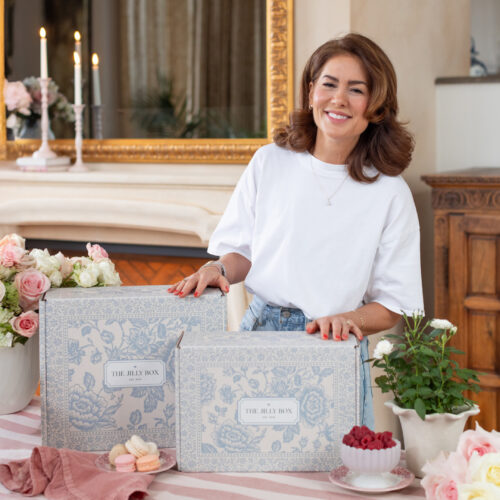
Speechless and in tears reading your stories. I am soo sorry this happened to you and your families. Thank you for sharing with us.
Thank you for sharing, We truly have the power to create positive change in the now and generations to come.
This is heartbreaking. I’m so angry this was done to children. What a tragedy. Thank you for sharing your story.
Thank you so much for sharing your family history and these photographs with us. The residential school system, and the continued taking of indigenous children from their homes by the government now, are heartbreaking.
Thank you so much for giving the space for this to be shared on your Blog Jillian.
Jordan – thank you to you and your family for sharing your history and stories. It is heartbreaking. IM committed to learning more and becoming part of the solution.
Thank you 🙌 ! More people need to share their story to let others understand. I too am Indigenous and have Come across racism. I use to bow down my head and walk away until I had the strength to talk back. We are teaching others. It’s day by day and just being resilient. 🧡🙏🏻❤️
Thank you so much for sharing your stories and being vulnerable. This is heartbreaking, and so eye-opening,
Jordan
Thank you for sharing yours and your families stories. My heart and eyes weep for the children and families who lived through the traumatic years of the residential schools. I hope that your story reaches many people across the country and world to shed light on the generational trauma the Indigenous People of Canada endured.
Much Love
Kelsey
Thank you for sharing Jordan’s story and the voices of her mother & grandmother. It was jarring to see the name Ghostkeeper in the blog as that is my own fathers last name. I will reach out to Jordan to connect. As a 50 year old indigenous woman that endured racism my entire life, I have worked hard to educate (myself and others) as well as work towards healing the past. I was adopted by a stepfather that wanted to erase the history of my fathers side of the family. Luckily we escaped his ways and am now learning and loving my heritage. Thank you Jillian for opening your platform to educate yourself and your followers. Please know I appreciate your honesty and your apology for not wearing your orange shirt. You highlighted today, educated many and truthfully, my father stands for today but he didn’t wear an Orange shirt either! 😉
Lots of love
Tracy
Thank you for sharing your family’s story. We have so much to learn and unlearn as a country and nation and individuals.
Stories like this need to be taught in every classroom.
I will hug my daughter tight and wish peace, healing and cooperation for all.
Thank you Jordan for telling your story and that of your family. I admire your bravery to speak about a painful past. I wish you peace. – Joanne
Wow. Thank you so much for being brave e and sharing. Im thankful and truly grateful you are here today.
Wow. Just wow. I don’t know what else to say. I’m moved and need to to absorb what I have read. Thank you for sharing and educating us in our history.
Thank you for sharing your experiences and allowing us to better understand the torture that so many indigenous children endured. We, as while Canadians, need to take ownership for these horrific acts.
Thank you for sharing your story. It’’s so important that we speak about this shameful part of our recent history.
Thank you for sharing your families story. I heard about residential schools just a few years ago and am astonished that it was kept out of our Canadian history lessons for so long. Never should people be treated this way and I am truly sorry. My girls both know about residential schools and have learned about them at school. I am going to share your families words with them to remind them that our past is never really our past until we make it so. All my best wishes for your future!
Thank you for using your platform to bring light to a very dark past of Canada. I am from Quebec and my grand-mother was the child of a pioneer that went to colonize the Northern part of Quebec’. When his first wife died while giving birth he married a native woman and they had many children. One of them was my grand mother. To this day I remember clearly my grandmother talking bad about nuns and priests and hating them but she was also an avid church goer. I never understood where the hate was coming from but reading this it makes more sense. I was too young to ask her questions that I have now which is so sad but that’s life. Telling stories and passing them down is crucial to understand our past and make sure we don’t repeat the same mistakes. So thank you dearly for doing this and using your voice for others that are not always heard xoxo
Thank you to Jordan & your family for sharing your lived experiences. Heartbreaking to read, but so important for us to know.
Thank you for sharing your family’s stories. So important to learn this tragic part of our nation’s past from those who experienced it. Their truths must be heard.
Thank you so much for sharing ♡♡ Your & your family’s words are so powerful.
Thank you so much for sharing your and your families experience. I commend you both for telling your truth and details of the traumatic experiences that are all too often not fully talked about. Discussions around residential schools and the atrocities that occurred there need to happen more often. Especially when teaching the younger generations. The racism you and many
others have felt,, I am sorry. We as settlers, need to be better. Be more educated, be allies to indigenous peoples and people of colour. Acceptance of all peoples, no matter race, religion or sexuality. Thank you and my
heart goes out to all the survivors and their families of residential schools and the 60s scoop.
Thank you for sharing your story. It’s heartbreaking to read but so important. I’m Canadian and lived here all my life and knew nothing about residential schools and what the indigenous people went through. I realize that we have so much to learn and our schools need to add this in their curriculums so our children can understand the past to help make a better present and future. Please continue to share your family stories. I know that I will share your story with my children.
Thank you so much for sharing with all of us.
way’ lim ləmt | thank you Jordan, Lorretta and Charolotte for bravely telling your story. Your story is the story of so many of our Okanagan people. So many in our community of Westbank First Nation suffer the inter-generational trauma as you have described it. My family being one of them. Your story is our story and I applaud you for sharing it.
I understand well the racism that is still very prevalent. It’s not something of the past, it’s still alive and active. To name just one instance:
Eight years ago, we made the decision to move back into the community. My son was playing minor hockey at the time and one day after practice he was very upset. He went on to tell his dad and I that a kid from the team wanted to know which side of the road we were building our house….the side with dirty Indians or other side (off reserve)? Those “dirty Indians” are his parents, siblings, grandparents, aunts, uncles and cousins. Kids don’t come up with these types of statements on their own. It is taught and extremely hurtful. My children and I are light skinned.. You might think that would make being indigenous easier. It does not, because racism is a choice. made out of ignorance and fear and in my opinion the reason Residential Indian Schools were formed.
Jordan, my wish would that by you sharing your family story, others will understand the atrocities that occurred to First Nation people across the country. The fear behind those decisions and the lasting effects, so we can be understood and supported as we go through the long process of healing the trauma and the effects of that trauma which is now multi generational.,
Gillian, lim ləmt | thank you, for opening up an avenue /platform of awareness. I am truly grateful.